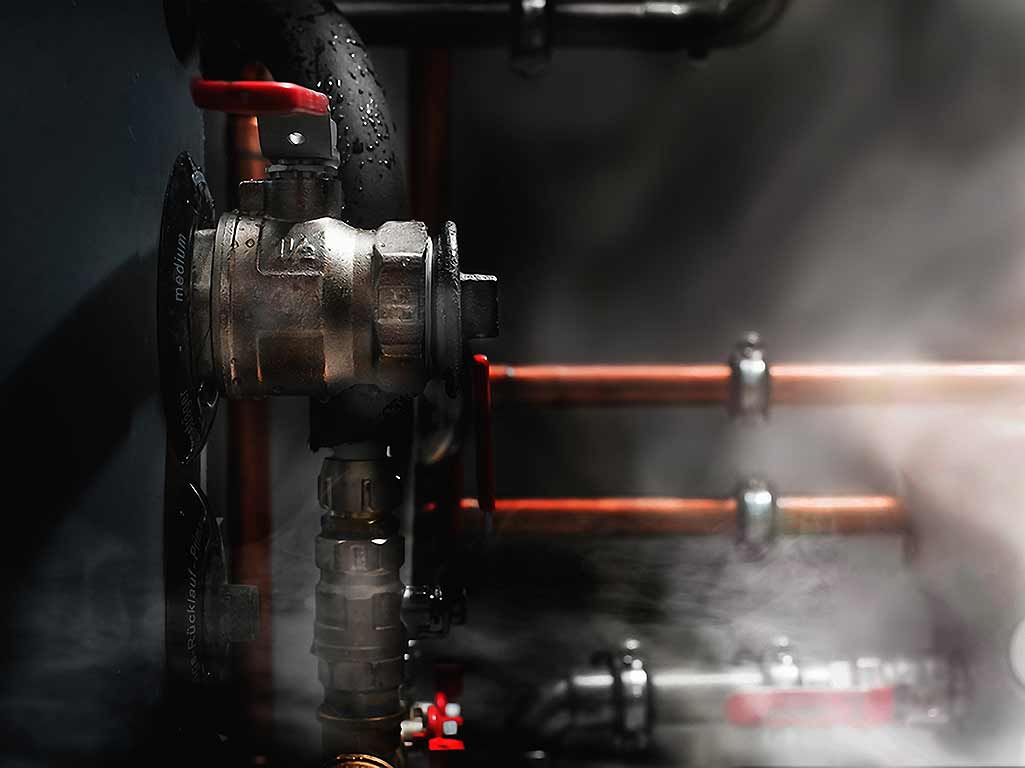For commercial property owners and multi-family building owners in New York City, it is vital to remember that boilers need to undergo an inspection every year. While there are some exceptions, the majority of boilers in the state of New York will have to go through the inspection process which will test the boilers for their strength and safety. When you are planning for your 2019 NYC boiler inspections, there are some key pieces of information you need to know.

New Boilers or Restored Boilers
When a commercial or multi-family building has a new boiler installed or a boiler that has been restored, the boiler will have to go through a process known as the Boiler First Test Inspection. The boiler will also need to go through this inspection if over 50 percent of the boiler components have been restored. If and when the building’s boiler passes the first test inspection, the building will be approved to operate in the state of New York. When the building becomes certified to operate in the state, the building will not be required to undergo another inspection later in the year.
What If I Miss My Inspection?
As a building owner, these inspections will need to be conducted yearly. The annual inspections that have to be performed on boilers can uncover a variety of problems building owners may not know exists. Once these problems are uncovered, the problems can be corrected before any other issues arise.
If safety violations are discovered, the violations can be handed out for having a boiler that has been installed illegally. A safety violation can also be given for having a potentially dangerous boiler. However, violations can also be given a violation for not completing the required inspection report within one year of the inspection date. If you fail to file an inspection report, you will receive a $50 late penalty fee each month.
What Boilers Need To Be Inspected Annually?
Each year, buildings that have high-pressure boilers will need to hire a qualified boiler inspector to perform the boiler inspections. The annual inspection cycle begins on January 1st and ends on December 31st. High-pressure boilers will need to have two inspections: internal inspection and external inspection.
The internal and external inspection can be completed in the same cycle, but it is recommended that there be a six months gap between the inspections. It is important that you are aware of what inspection has been scheduled so you will know how to prepare before the inspection takes place.
When it is time for an external inspection, we encourage you to schedule the inspection during a time when small interferences will not be a major problem. The boiler can still run during an external inspection, but there may be a few interferences. Internal inspections will require the boiler to be shut down appropriately. This is why it is important to be aware of the type of inspection so you can make the proper arrangements and have a preparation plan in place.
High-pressure boilers are not the only type of boilers that will require yearly inspections; some low-pressure boilers will also need to be inspected annually. The low-pressure boilers that are in buildings that have more than six apartments will require an annual inspection. When you prepare ahead of time for inspections, and when you ensure you are receiving the right inspection, you can avoid major problems and avoid paying the monthly and yearly fees.
Aladdin Plumbing can prepare your building for boiler inspections. If you are ready for the easy, no-fuss way to comply with legislation, please do not hesitate to contact Aladdin Plumbing today.
